How Does Overeating Affect Your Gym Workout?
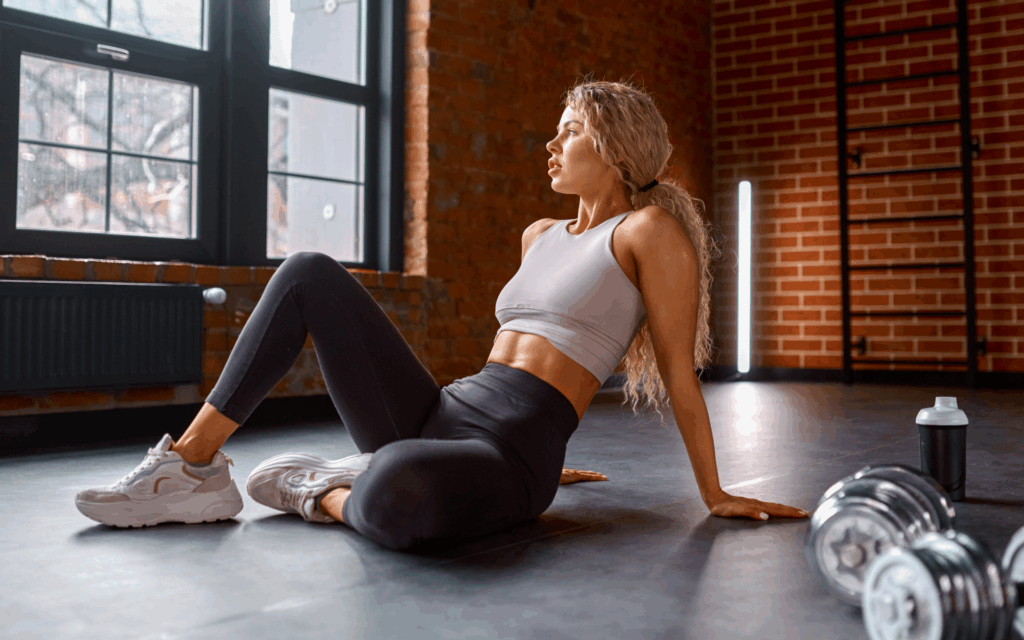
What you eat, how much you eat, and when you eat all play a significant role in your fitness performance and weight loss goals. For those who are living an active lifestyle, overeating can be a unique problem.
Overeating :Eating provides the energy your body needs for an active workout, but overdoing it in terms of portions or timing can lead to fatigue, discomfort, and reduced performance.
So if you’re always going to the gym but not seeing any results, the problem may be overeating.
Here, we’ll explore how overeating affects your gym workouts and provide actionable tips to optimize your pre- and post-workout meals. Whether you’re trying to manage your weight, increase your stamina, or build muscle, we’ve got you covered to crush your gym goals.
Does Eating Affect Gym Performance?
Food is your body’s fuel and the kind of fuel you provide determines how well you perform physically. Imagine your body is like a car – if you put poor-quality gas in your car, it’s not going to work well. However, if you put premium gas in your car, it’s going to perform great.
Read Also: Keep your face towards the sunshine and shadows will fall behind you
How Your Body Processes Food Before Exercise
When you eat, your digestive system breaks down food into glucose, which your body uses to produce energy. However, digestion demands energy and blood flow, which can compete with your muscles during a workout.
Overeating affects this energy process. A heavy meal that is high in calories can shift focus to digestion rather than physical activity, often resulting in feeling sluggish, uncomfortable, or even nauseous when you hit the gym.
The Impact of Overeating
But besides affecting your digestion, there are other ways in which overeating can affect your gym goals.

Decreased Stamina: Eating a large meal right before a workout can make you feel lethargic as your body then needs to focus on both digesting and providing fuel for exercise. This can lead to decreased stamina and reduced ability to push through a tough workout.
Risk of Injury: A gut full of food can make movement uncomfortable, which can affect your balance and compromise your form during workouts, increasing the risk of injury.
Weight Management: Overeating can affect weight loss or even lead to weight gain, which can be counterproductive if your goal is to lose weight at the gym.
Muscle Building: You need to

be in caloric surplus (eat more calories than your body burns) to gain muscle, but eating too much from unhealthy sources can affect muscle building and lead to body fat.
Quality of Food vs. Quantity
When it comes to fueling your body, what you eat and how much you eat both matter. Excess calories from processed foods, which are low in nutrients, can lead to weight gain (3) and may not provide the energy to have an efficient workout.
Prioritize Nutrient-Dense Meals
Focus on meals that are rich in lean proteins, healthy fats, and complex carbohydrates. These provide the right mix of long-lasting fuel for your workouts without the crash that is caused by sugary, processed options.
BetterMe: Health Coaching app helps you achieve your body goals with ease and efficiency by helping to choose proper meal plans and effective workouts. Start using our app and you will see good results in a short time.
Portion Control Matters
Overeating, even with healthy foods, can still cause discomfort before a workout. Here’s how to manage portion sizes:
Use your hand as a guide. A palm-sized portion of protein, fist-sized carbs, and thumb-sized fats can help keep portions balanced. If you have specific needs, make sure you consult a healthcare professional to learn the right portions for you, based on your goals and needs.
Don’t eat until you’re “stuffed”. Instead, aim to feel satisfied but not full. Try to be comfortably full before a workout to prevent discomfort during exercise.
Watch Also: https://www.youtube.com/@TravelsofTheWorld24
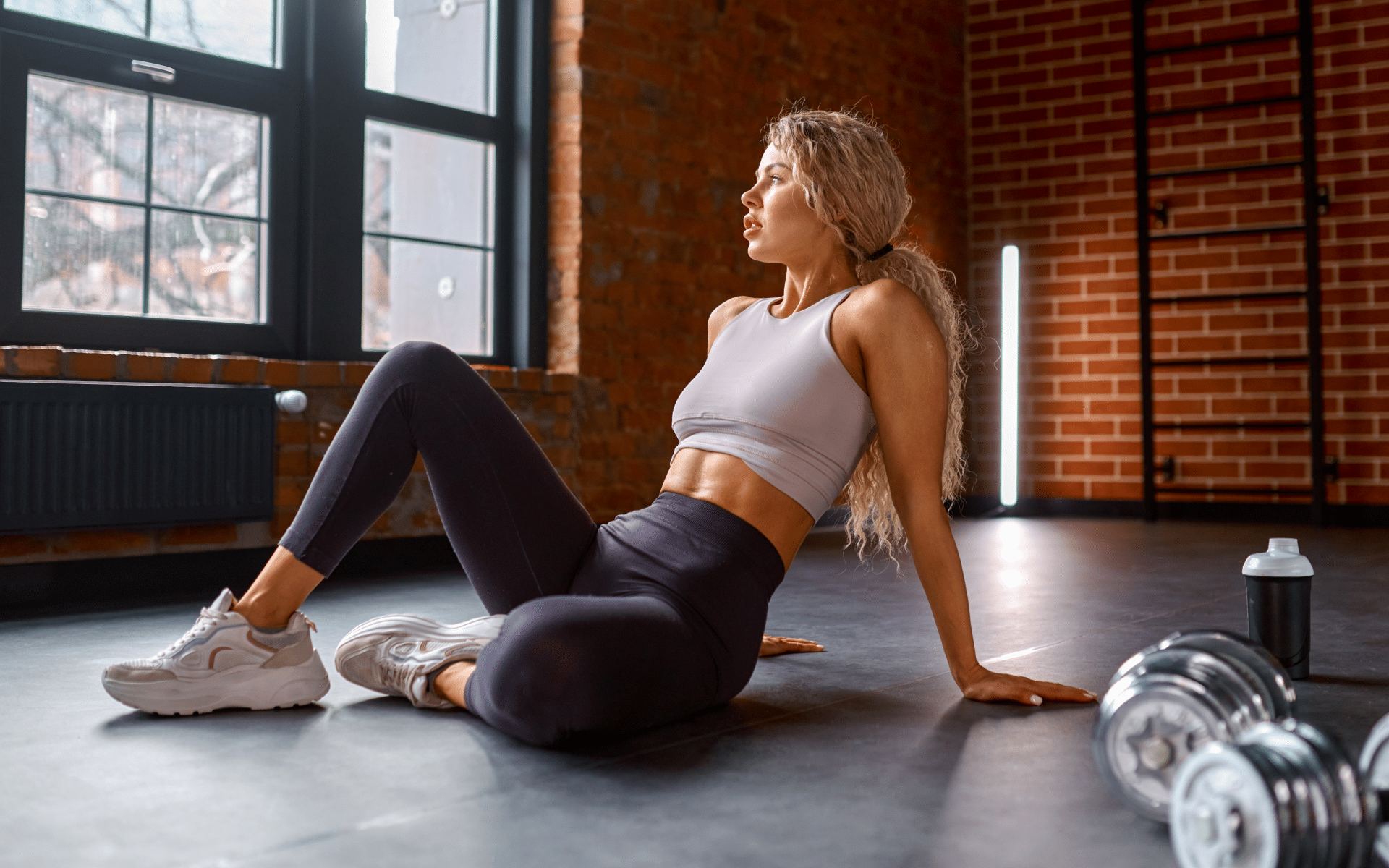
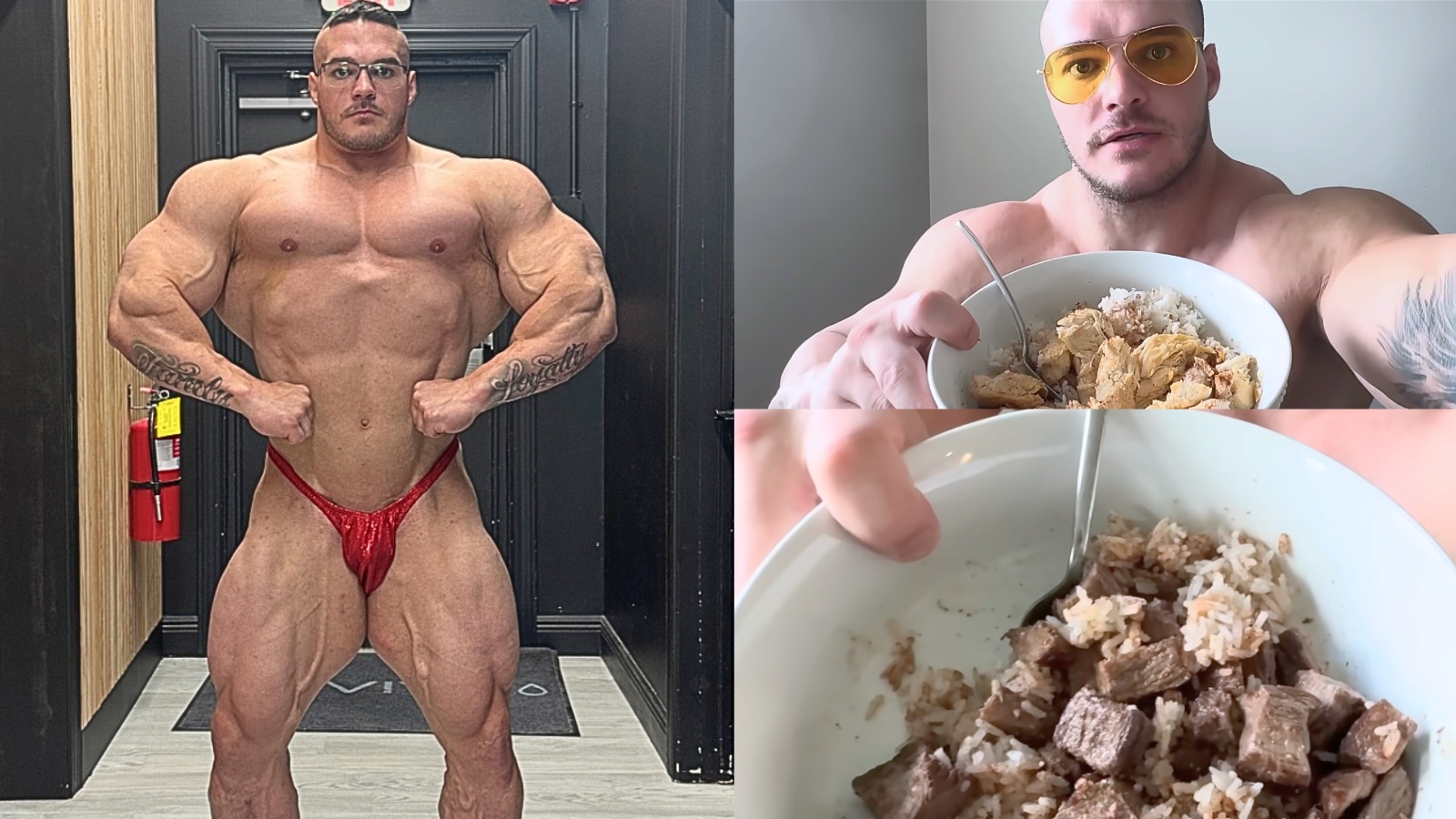

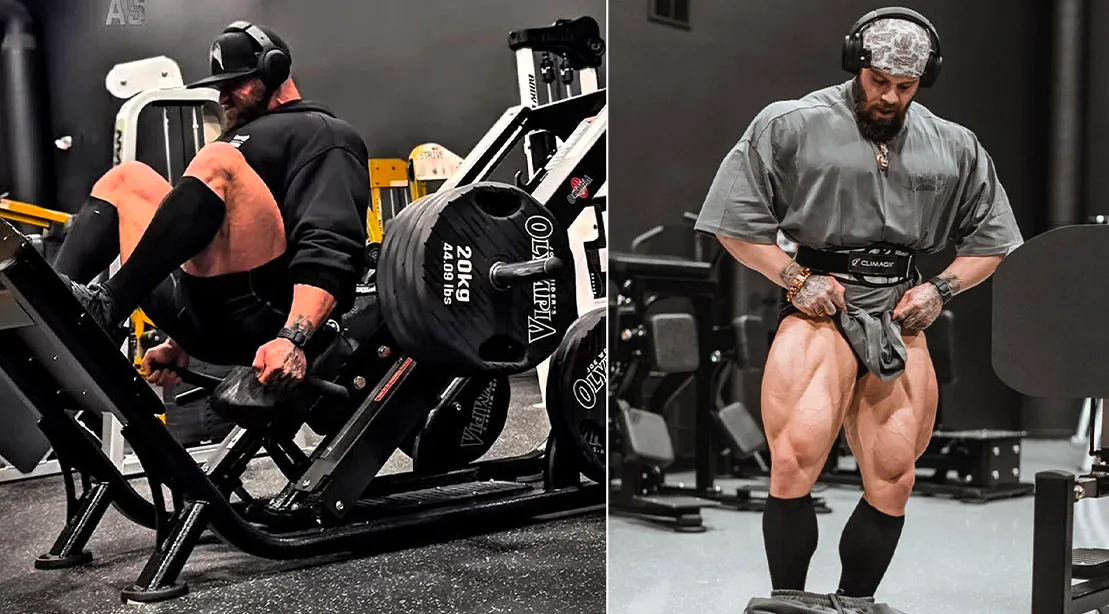








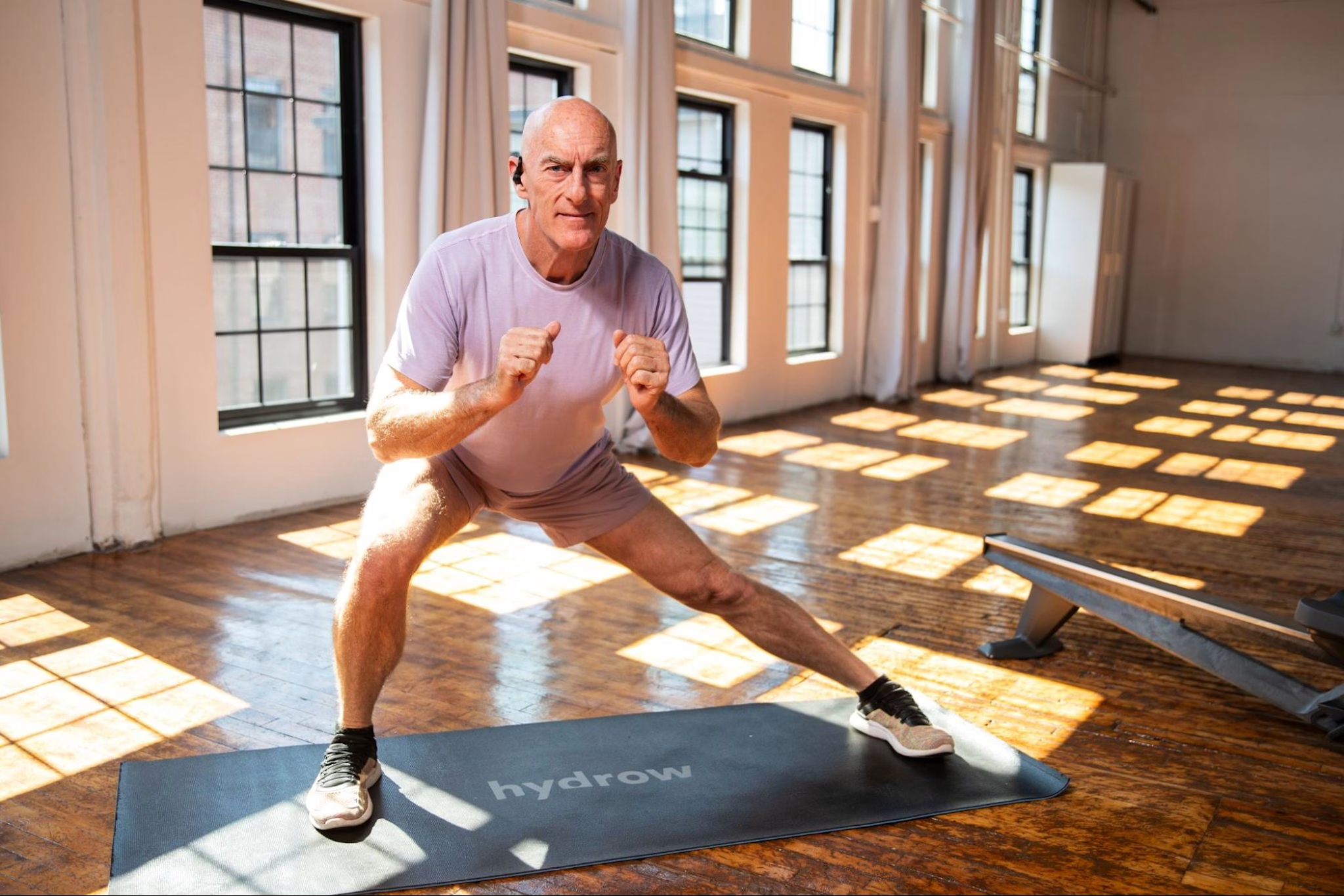
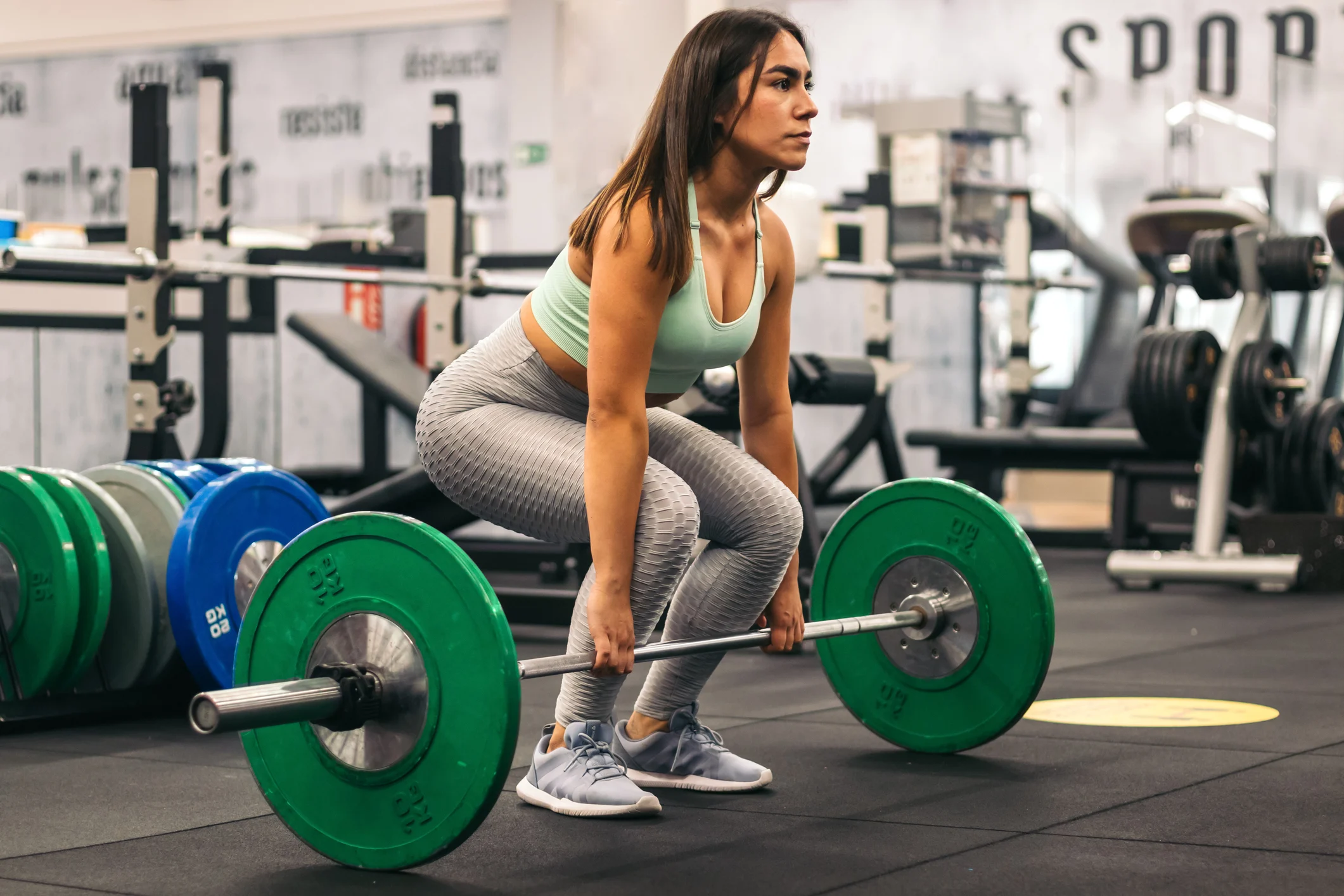
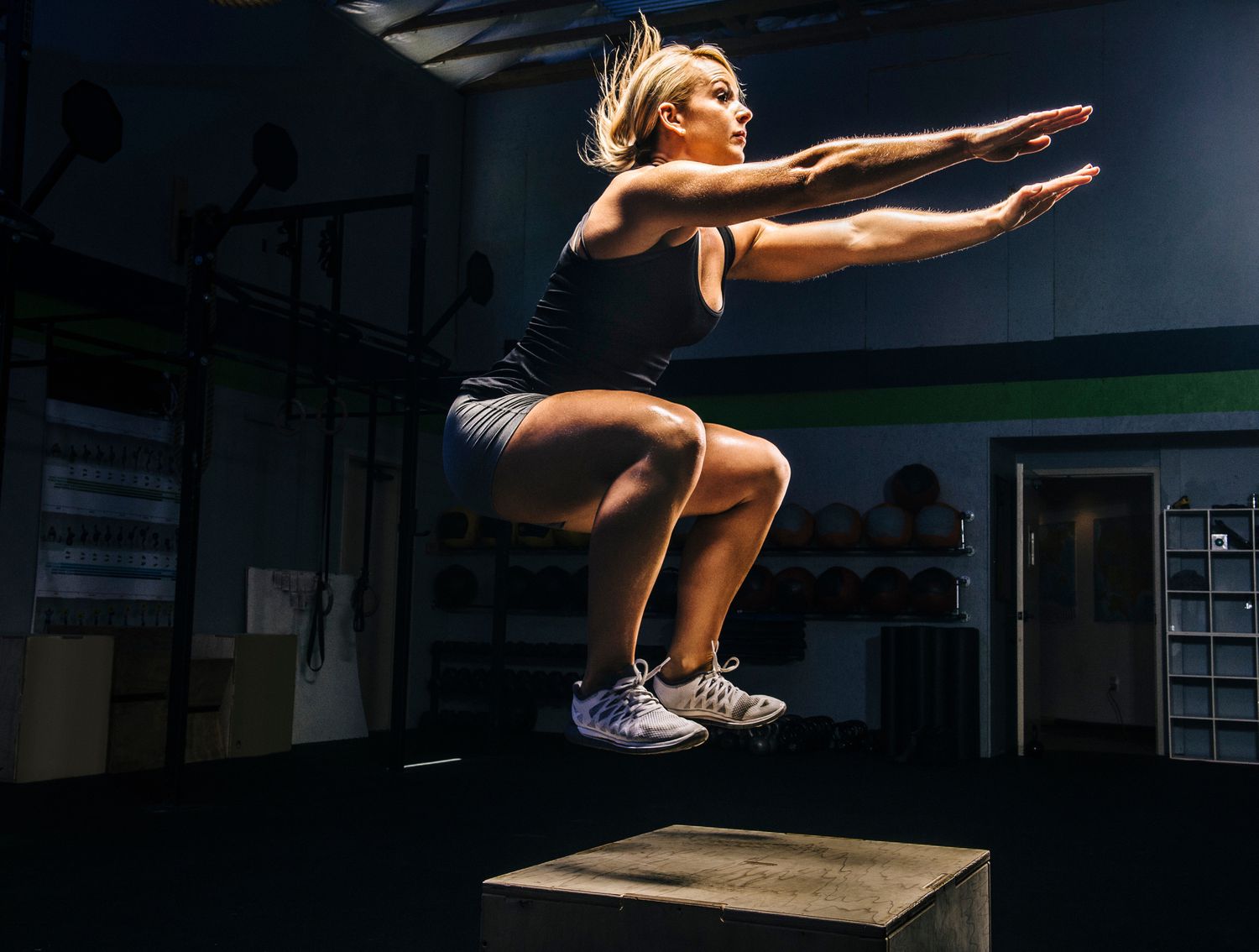
Leave a Reply